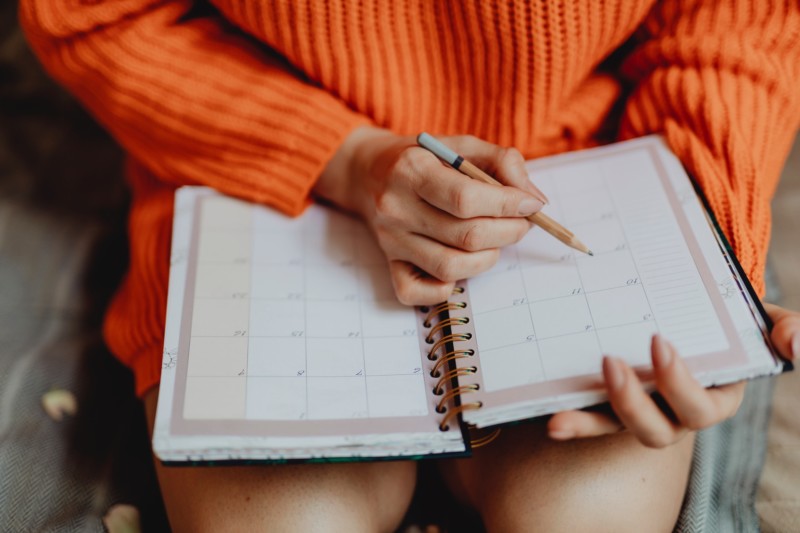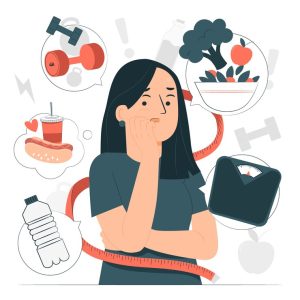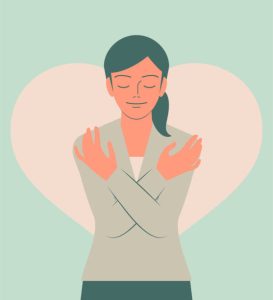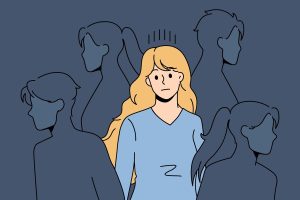We don’t need ‘days’ to look after ourselves. However, they are good reminders to look into anything we might be missing out on. After all, they make us think of whatever the day is about, even if for a few moments.
- How does mental health affect physical health?
- What factors can affect it?
- To what extent can the effect be?
To shed light on these questions, over this week, we will share an article on the effect of 3 factors on mental and physical health:
- Lack of a Routine – irregular sleep, lack of proper eating habits and a sedentary lifestyle
- Loneliness – lack of companionship and feelings of isolation
- Developmental and Relational Trauma – chronic and intensely distressing experiences in childhood and adulthood
How is Lack of a Routine Detrimental to Physical and Mental Health?
What is lack of a routine? It is irregular sleep, eating habits and exercise. Most often we think of mental health and physical health as two separate entities but they are often very closely linked. These irregular habits often show immediate effects on our emotional well being. It often makes us restless, focus in our day to day activities becomes a task, we feel fatigue or a dip in energy and we become short tempered…to name just a few effects.
A lot of us suffer from poor sleep patterns and we often blame – stress, taking work home, our relationship with our gadgets.
What Are We Missing?
The cost of a lack of routine is much higher than just bad moods and lack of focus. There is research evidence that irregular sleep habits put you at a risk of diabetes, heart disease, obesity and it shortens your life expectancy. If you seem to catch almost every flu and cold that is going around, your bedtime could be to blame. Extended periods of lack of sleep can disturb your immune system and your body might not be in a position to fight, like it used to. Regular sleep habits boosts your immunity, prevents diabetes, increases sex drive. Regular sleep habits generally help us function better mentally and physically.
Lack of irregular eating habits and exercise may lead to many mental and physical ailments. The National Institute of Health links long-term poor nutrition with a number of physical issues. These include obesity, high cholesterol, diabetes, heart disease, cancer, gallstones, gout and many other health problems. According to them, a sedentary lifestyle increases the risk for heart disease, diabetes, high blood pressure, stroke, sleep apnea, osteoarthritis and infertility.
In recent times, I have noticed that a lack of routine in the lifestyle has become a norm. There is no consistency, therefore people struggle to maintain a balance in their personal, professional and social lives. It is sometimes difficult to identify what comes to the forefront first – mental stress or physical ailments. But maintaining a routine will definitely help in functioning to the best of your abilities at a steady pace.
We almost always put a lot of thought before doing anything….on this World Health Day, leave the thinking aside and just start. It’ll do a lot of good to both your mental and physical wellbeing.
ADD THIS SIMPLE PRACTICE INTO YOUR LIFE TO CREATE A ROUTINE.
about the author
Nandita Sarma
share this blog!
read similar blogs
Overcoming Addiction: Understanding The Trauma Behind Addiction
“It’s not about what’s wrong with you, it’s about what...
Read MoreThe Hidden Causes Of Eating Disorders: It’s Not What You Think
The world often sees eating disorders as just a food...
Read MoreA Simple Mindfulness Practice: Noticing Yourself Smile
The purpose of this article is to help you be...
Read MoreHere’s The Truth About Feeling Lonely
The world is more connected than ever. Think about this,...
Read More





